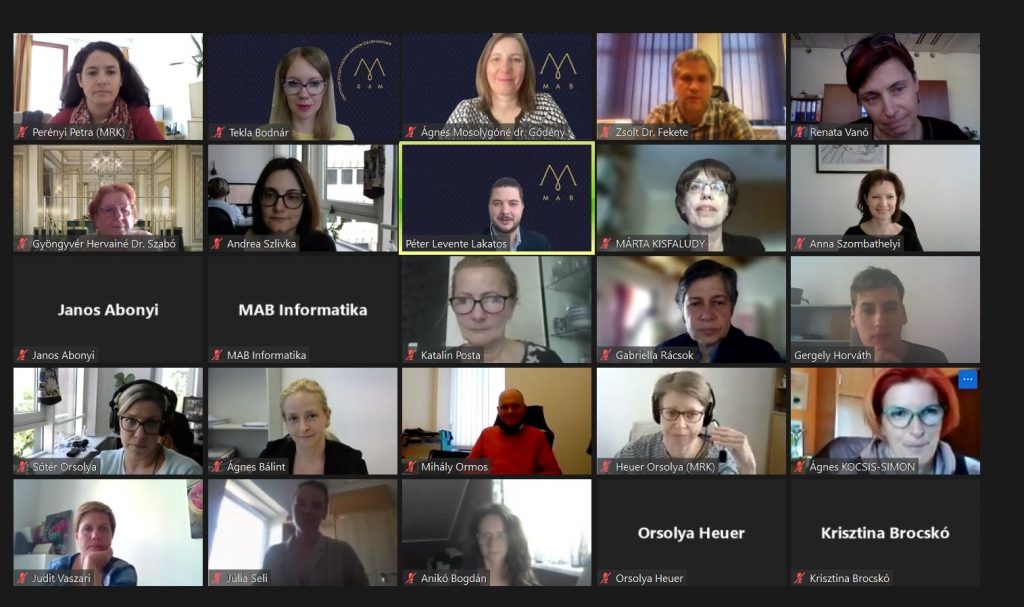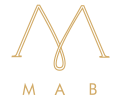On May 3, 2022, the Hungarian Accreditation Committee (MAB) organized a webinar, where the main results of the MICROBOL project and the possibilities of its implementation in Hungary were presented. The online event was attended by the Hungarian Rectors’ Conference, the Educational Authority, the MAB pool of experts and the MAB staff members.
The two-year (2020–2022) MICROBOL project, co-funded by the European Union, was coordinated by the Bologna Follow-up Group (BFUG), and the Belgian Ministry of Education and Training, with the support of several other partners. The partner organisations involved are the Ministry of Education and Culture of Finland, the Italian Information Centre on Academic Mobility and Equivalence (CIMEA), the European University Association (EUA), the European Association for Quality Assurance in Higher Education (ENQA), and, as an associated partner, the European Quality Assurance Register for Higher Education (EQAR). Representatives from partner organisations examined in three working groups micro-credentials, which serve as proof of learning outcomes acquired following a short learning experience. The integration of credentials into the Bologna system in terms of qualifications framework, credits, recognition, as well as quality assurance was examined.
MAB participated in the work of the Working Group on Quality Assurance. The Working Group published a document in June 2021 that sets out the main challenges and jointly formulated recommendations. The MICROBOL project ended in March 2022, resulting Micro-credentials linked to the Bologna Key Commitments document, which contains the elements of the common European framework.
The summary of the MAB presentation is available here.


